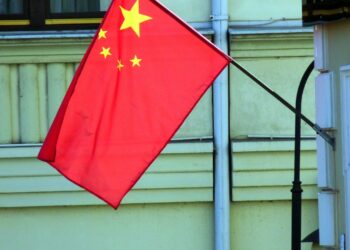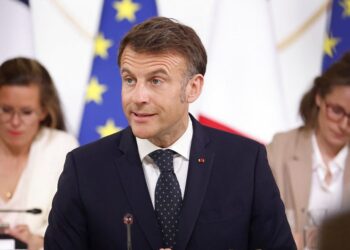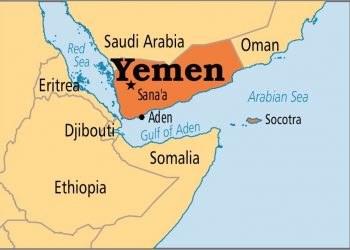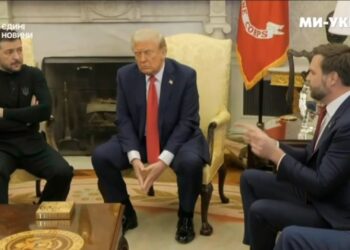The UAE Ministry of Finance (MoF) is engaging in consultations to gather feedback on implementing a global minimum tax (GMT) in the country. While the consultation is open to all stakeholders, the MoF is particularly interested in hearing from multinational groups, advisors, service providers, and investors.
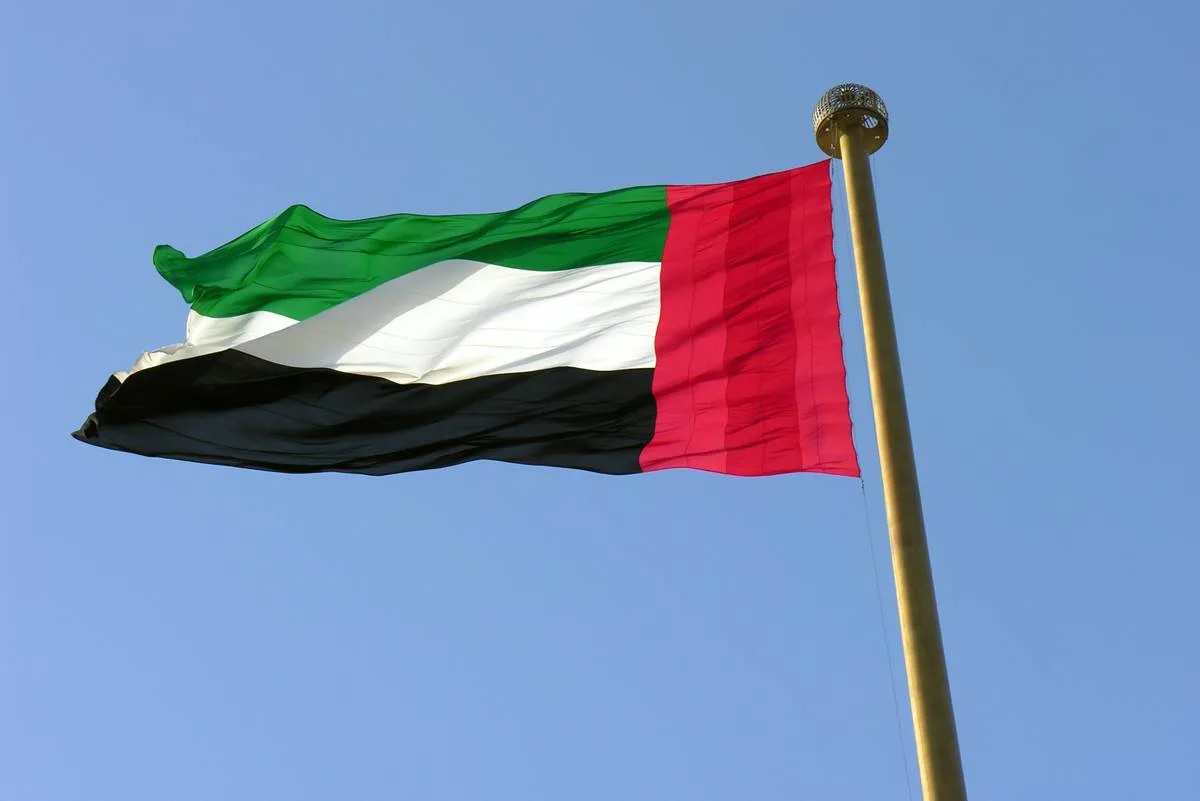
The aim is to gather insights on various aspects such as domestic implementation issues, minimizing compliance costs, and exploring policy options for potential adoption of the income inclusion rule (IIR), undertaxed profits rule (UTPR), and a domestic minimum top-up tax (DMTT).
The global minimum tax targets multinational enterprises (MNEs) with annual revenue of or above €750 million, ensuring they pay a minimum tax of 15% on excess profits earned across jurisdictions. This initiative aims to create a level playing field and ensure fair contributions from MNEs.
Although the UAE has initiated a digital public consultation on implementing the tax, it clarifies that the document does not represent its final policy position. The UAE will announce further details on implementation in due course.
The consultation questionnaire covers various aspects including GMT implementation, potential design of a domestic minimum top-up tax, and administration matters. The UAE has signed the GMT agreement and taken steps towards aligning with global tax reforms, with specific measures like OECD’s Pillar Two rules delayed until 2025.
Any large multinational enterprise meeting the criteria, regardless of industry, will be subject to the GMT in the UAE.
The implementation of a minimum tax is already underway in several countries, including Ireland, Luxembourg, Switzerland, and Barbados. Switzerland, for instance, is considering a constitutional amendment introducing a minimum corporate tax rate of 15%.
Key components of the global tax reform include the income inclusion rule (IIR), undertaxed profits rule (UTPR), and the domestic minimum top-up tax (DMTT). These mechanisms ensure that MNEs contribute their fair share globally and prevent tax avoidance practices.
Follow INCPAK on Facebook / Twitter / Instagram / YouTube for updates.

